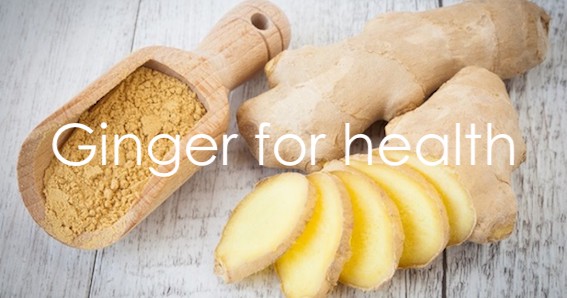Today’s post is about ‘Man Flu’.
One of my work colleagues was making comments about catching man flu and how bad it was, so I thought I would investigate and share.
So, about Man Flu
We have all heard of the notorious “Man Flu”. It can affect men from all walks of life and render them miserable for days. They claim that they are ‘dying’ and ‘it’s the worst flu ever’. Many women, myself included, tend to consider “Man Flu” an exaggeration of the common cold.
Are women just more resilient and able to cope with this common ailment or is there really such a thing as “Man Flu”?
What do the scientists say?
A research paper published in December 2017 explored whether men exaggerated the severity of symptoms or their immune system is actually inferior.
The researchers found that there is some evidence clearly supporting men suffering more symptoms and dying from viral respiratory illness than women. They found that men do have a less robust immune system.
Since flu symptoms are in large part due to the body’s immune reaction, a lessened immune response in women may translate to milder symptoms.
Other studies have found that an Influenza vaccination tends to cause more reactions and better antibody response in women. Testosterone may play a role, as men with the highest levels tended to have a lower antibody response. A better antibody response may lessen the severity of flu. Therefore it’s possible that vaccinated men get more severe symptoms than women because they don’t respond to vaccination as well.
Another possibility is that men actually experience respiratory viral illnesses differently than women. This is supported by scientific data for other conditions. Pain due to coronary artery disease (as with a heart attack or angina) is a good example. Men tend to have “classic” crushing chest pain, while women are more likely to have “atypical” symptoms such as nausea or shortness of breath.
There’s more…
In several studies using mice, the adult male mice displayed more symptoms of sickness than females when they were exposed to bacteria that cause an illness with symptoms similar to the flu. The males also had more fluctuations in body temperature, fever and signs of inflammation, and took longer to recover.
A group of researchers from the University of Cambridge conducted a study in 2010. They put forward a theory that men have evolved to have weaker immune systems and lower immunity because of their tendency for risk-taking behaviours. Still other research suggests that because women more easily pass pathogens onto their children, they’ve built up more natural defences against them.
The scientific evidence for this is far from conclusive, but some research has shown that male and female immune cells do react differently to invading viruses.
Whichever theory rings true for you, it seems that there is some scientific basis to “Man Flu” after all.
Will we ever hear the end of it now?!
Till the next post,
Live Clean n Prosper
Sources – Harvard Medical Publishing – BMJ Resource Centre


